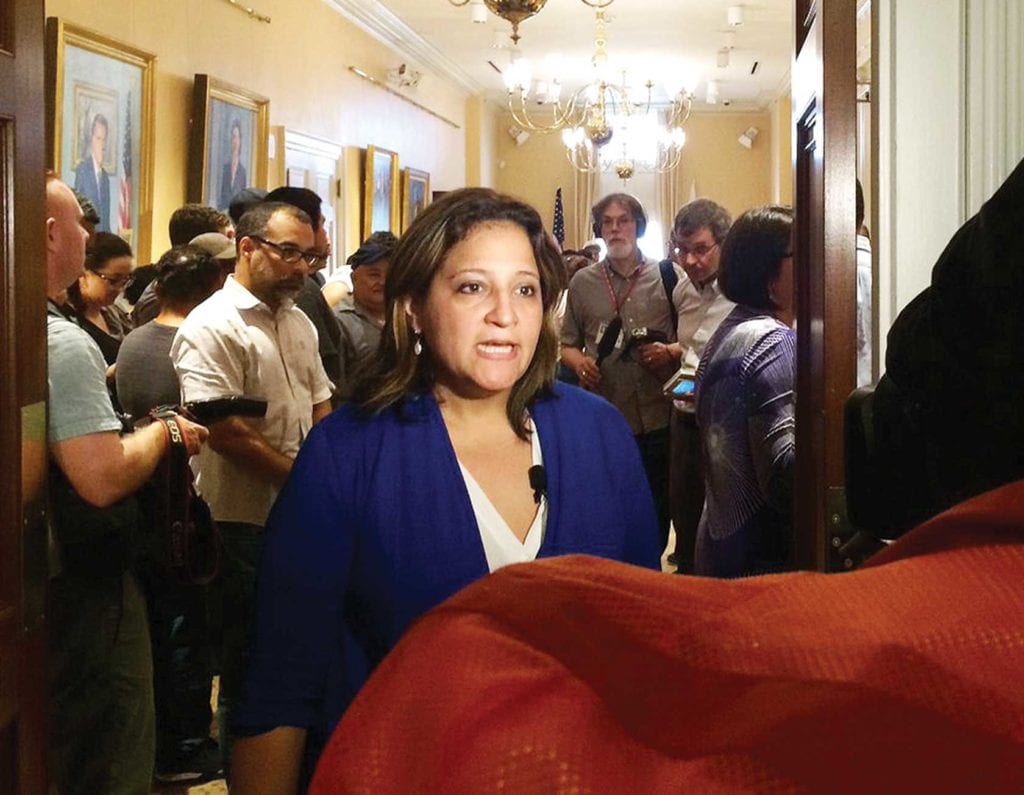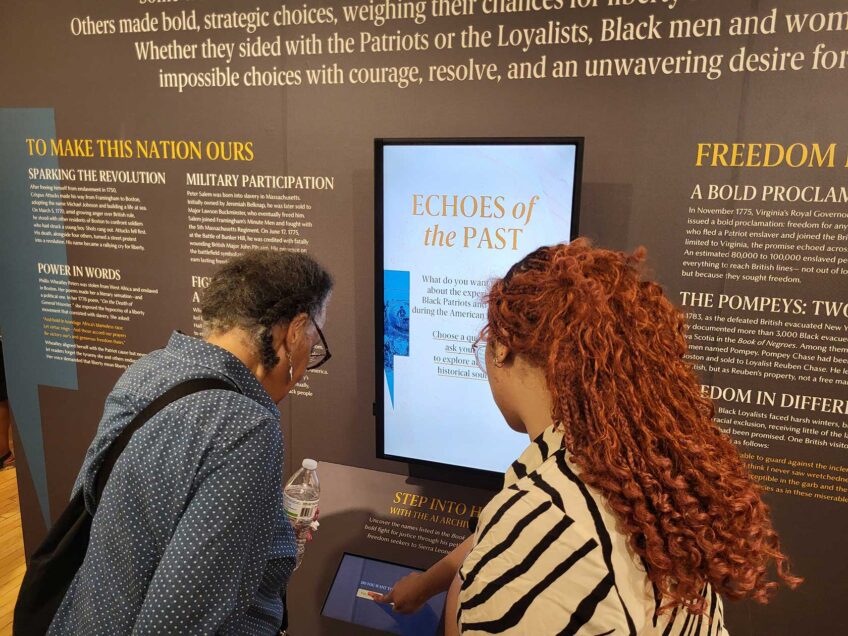SEIU janitors ink contract with building owners
Two-year deal includes pay raise, expanded health care benefits

Service Employees International Union 32BJ and the Maintenance Contractors of New England signed a two-year extension of their joint contract on June 16, with the aim of stabilizing the custodial workforce.
Key features of the contract include wage increases, an extension of health care benefits and steps to help laid-off janitors return to work. The contract was set to expire on Sept. 30, 2021, before the extension. The 12,000 union members will vote to ratify the agreement in July.
Roxana Rivera, Vice President of 32BJ SEIU, highlighted the COVID-19 pandemic’s toll on custodians. In comments to the Banner, she said that janitors “endured not only … losing their jobs during this pandemic but also, because they live in communities … most impacted by this pandemic … contracting the virus or [having] family members or neighbors [who] contracted the virus, and experiencing a loss of lives.”
Rivera stressed the essential and heroic nature of custodial work. At the pandemic’s start, custodians “were exposing themselves [to the disease], not knowing what the consequences would be, kind of like a firefighter,” she explained. “When people are running out of buildings, the firefighters are going in. As this COVID pandemic hit, people were fleeing the buildings, the campuses, and the facilities. The janitors were going in.”
Margarita Restrepo, a cleaner at an Everett hospital and a longtime executive-board member at 32BJ, recounted the cost of the pandemic in her work and personal life. Working in a hospital, she saw people pass away from COVID nearly every day.
“A lot of the people in my life died,” Restrepo said. “A lot of the people in my life were left with nothing.”
Michael White, President of MCNE, expressed support for the extension in a press release.
“This agreement will allow us to provide stability and family-sustaining wages and benefits to our dedicated employees while enabling our industry to recover following this unprecedented crisis,” White said.
Restrepo said she would like to see the union push for an increase in both wages and health care coverage for custodial workers.
“With my coworkers,” Restrepo explained, “we still have some people who are not working because of the pandemic or because they were sick.”
To Restrepo, improved health care is important not only for helping workers return, but also for the general wellbeing of workers.
She also pointed out how the rising cost of living places financial pressure upon her fellow workers.
“We have good salaries, but we still have a lot of people who live paycheck to paycheck.”
The extension of the contract is vital for ensuring existing benefits for custodians in New England, Rivera said. Because the pandemic has pushed many working families beyond their limits, she emphasized the importance of maintaining the benefits workers already have. The extension also clears the way for contract negotiations in other regions of the country.
Restrepo, who is also an immigrant from Colombia, a wife and a mother, described how she came to America to create the best possible life for her family and community.
“We came to this country to have a better future, and that is my desire for my people,” Restrepo asserted. “But these statements alone are not enough. A lot of people are not able to give their children a better life. The only way we can do that is through the unions, because the unions help us achieve good salaries so we can give our children a better life.”
Responding to poor working conditions and low wages, service workers created Local 32-B in 1934 in New York City. Through a 400-building-wide strike, the fledgling union secured recognition. In the 1970s, 32-B merged with 32-J, a mostly female local, to form 32BJ. Now, the union operates across 10 national districts.






